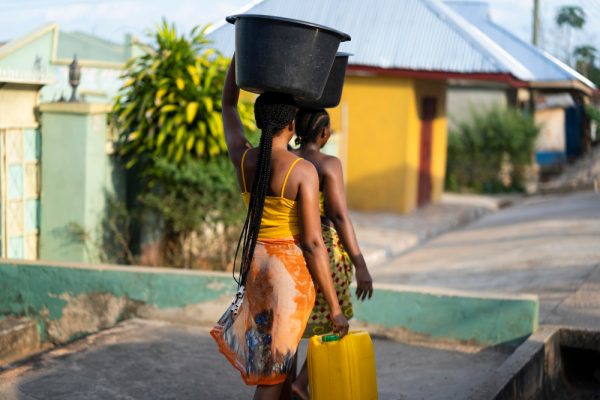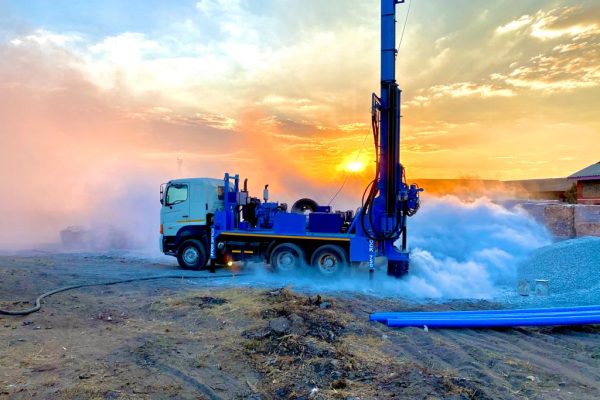
Nourishing Communities: The Vital Importance of Access to Clean Water in Kenya
Water, the essence of life, is a fundamental human right and a cornerstone of thriving communities. In Kenya, the journey to ensure access to clean water for all has been a paramount concern. This article explores the significance of community water access and the strides being made in Kenya to bring clean water to every doorstep. Importance of Community Water Access:Health and Sanitation:Access to clean water is irrefutably linked to public health. Communities with reliable and clean water sources experience lower rates of waterborne diseases, ensuring the well-being of residents. Adequate water access is also pivotal for maintaining proper sanitation and hygiene practices, reducing the spread of water-related illnesses.Education and Empowerment:When communities have easy access to clean water, the burden on individuals, especially women and children responsible for water collection, is significantly reduced. This opens up opportunities for education, as children, particularly girls, can attend school instead of spending hours fetching water. Empowered by access to clean water, communities can break the cycle of poverty and contribute to the overall development of the nation.Agricultural Productivity:In agrarian economies like Kenya, water is the lifeblood of agriculture. Access to clean water enables farmers to irrigate their crops, leading to increased agricultural productivity and food security. The ability to sustainably use water resources supports livelihoods and ensures a stable and resilient community.Community Cohesion:Access to clean water fosters a sense of community cohesion. Shared water points often become central gathering places, facilitating social interactions and community building. Additionally, when the burden of water collection is alleviated, individuals can invest time and energy in community projects, further strengthening social bonds. Clean Water Reaching Communities in Kenya:Infrastructure Development:Kenya has invested significantly in water infrastructure development, including the construction of boreholes, water tanks, and pipelines. These projects aim to bring clean water closer to communities, reducing the distance residents need to travel to access safe water sources. Community-Led Initiatives:Community involvement is critical in ensuring sustainable water solutions. Many regions in Kenya have witnessed the success of community-led initiatives, where residents actively participate in the planning, implementation, and maintenance of water projects. This sense of ownership enhances the longevity and effectiveness of water interventions.Government Programs and Partnerships:The Kenyan government, in collaboration with international organizations and NGOs, has implemented various programs to improve water accessibility. Initiatives like the Water Sector Trust Fund and the Kenya Rural Water and Sanitation Program aim to enhance water infrastructure and service delivery in rural areas.Technological Innovations:Technological advancements play a pivotal role in improving water access. Mobile applications and sensor technologies are being used to monitor water quality, detect leaks, and manage water distribution efficiently. These innovations contribute to optimizing water resource management and ensuring the sustainability of water projects. Challenges and the Way Forward:While significant progress has been made, challenges persist in achieving universal access to clean water in Kenya. Issues such as climate change, population growth, and inadequate financing pose hurdles to sustainable water provision. Addressing these challenges requires a multifaceted approach involving continued investment, community engagement, and the integration of innovative technologies. Conclusion:Access to clean water is a fundamental human right and a cornerstone of healthy, thriving communities. In Kenya, the commitment to ensuring every citizen has access to clean water is evident through various initiatives and community-led efforts. As the nation continues to make strides in water infrastructure development and community empowerment, the vision of universally accessible clean water in Kenya becomes increasingly attainable. By recognizing the importance of water access beyond its utilitarian value and understanding its profound impact on health, education, agriculture, and community cohesion, Kenya is not only quenching the physical thirst of its people but nurturing the seeds of sustainable development and prosperity.


